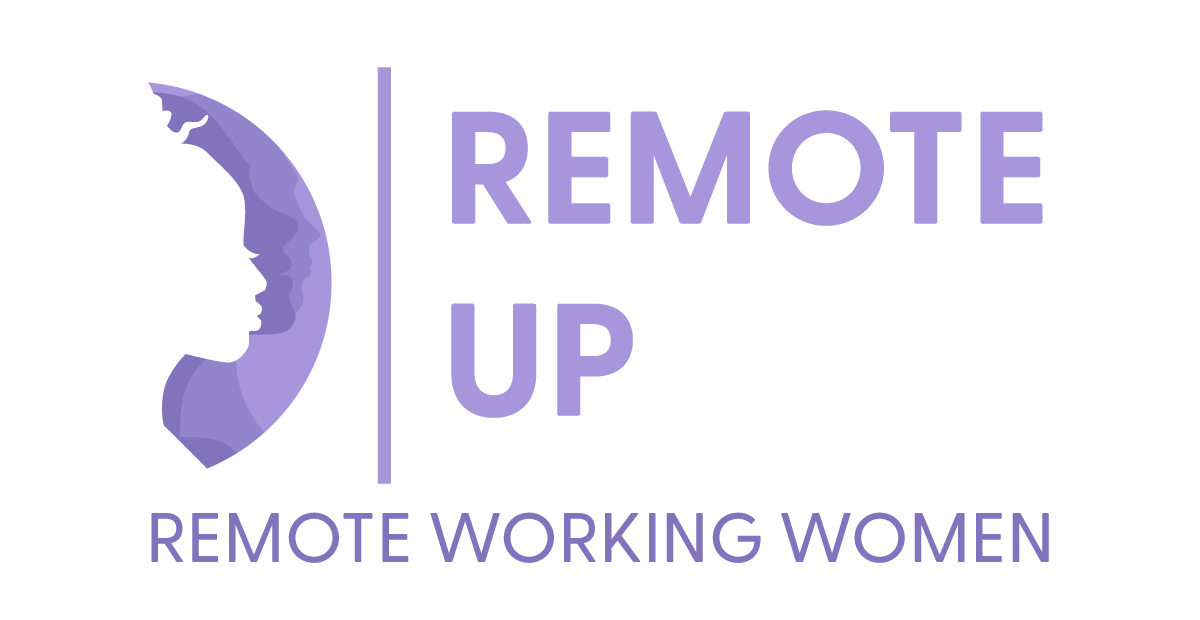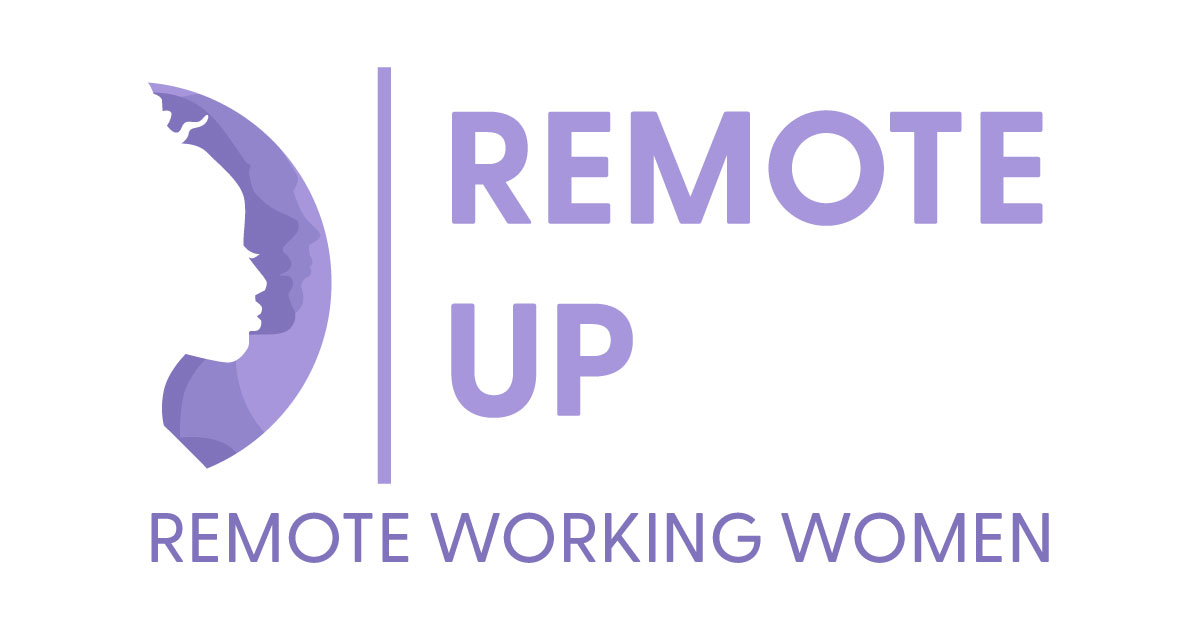While remote work brings many advantages, one of the challenges faced by remote workers is building meaningful work relationships and feeling like part of the team. In this blog, we will explore the significance of establishing strong connections as a remote worker and the positive impact it can have on both individual and team performance.
Overcoming Isolation
Remote work can sometimes lead to feelings of isolation and not feeling like part of the team. It is important to proactively seek interactions with colleagues. Engaging with coworkers and having those life conversations that would normally happen in an office setting will cultivate a supportive network that boosts morale, productivity, and overall well-being.
Enhancing Collaboration and Communication
Strong work relationships among team members are the cornerstone of effective collaboration and communication. Remote workers who establish rapport with their colleagues are more likely to engage in open discussions, share ideas, and actively contribute to projects. Trust and understanding developed through positive work relationships facilitate smoother information exchange, leading to enhanced teamwork and improved outcomes.
Promoting Team Cohesion
For a team to function at its best, all members must feel connected and aligned with a shared purpose. Remote workers who feel like part of the team are more likely to embrace the team’s goals, values, and objectives – even from a remote location. This sense of cohesion creates a harmonious work environment, fosters creativity, and encourages individuals to go the extra mile to support their colleagues.
Increasing Job Satisfaction
Feeling like part of the team can significantly impact remote workers’ job satisfaction. When remote employees have positive work relationships, they experience a greater sense of fulfillment, engagement, and motivation in their work. This, in turn, reduces turnover rates and contributes to the long-term success of the organization. Employers who prioritize fostering work relationships with remote workers demonstrate a commitment to employee well-being and create a positive work culture that attracts and retains top talent.
As remote work continues to reshape the modern workforce, it is imperative to recognize the importance of building work relationships and ensuring remote employees feel like part of the team. Investing time and effort in fostering these connections can bring about numerous benefits, such as increased collaboration, enhanced communication, improved team cohesion, knowledge sharing, and heightened job satisfaction.

